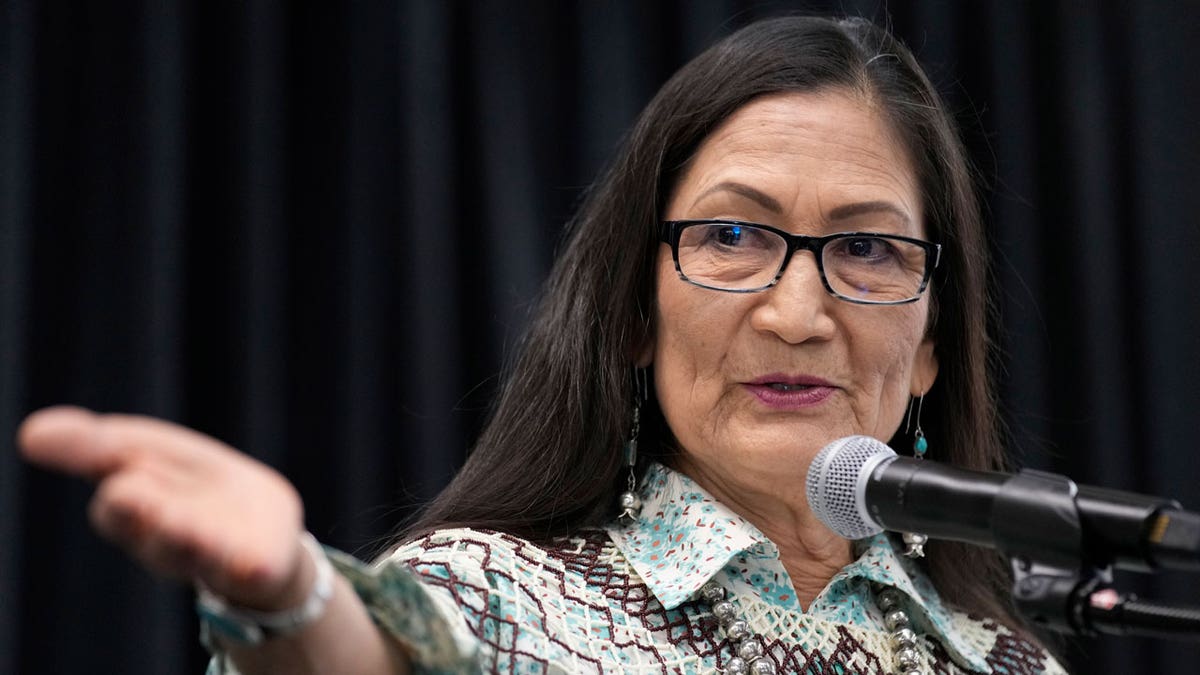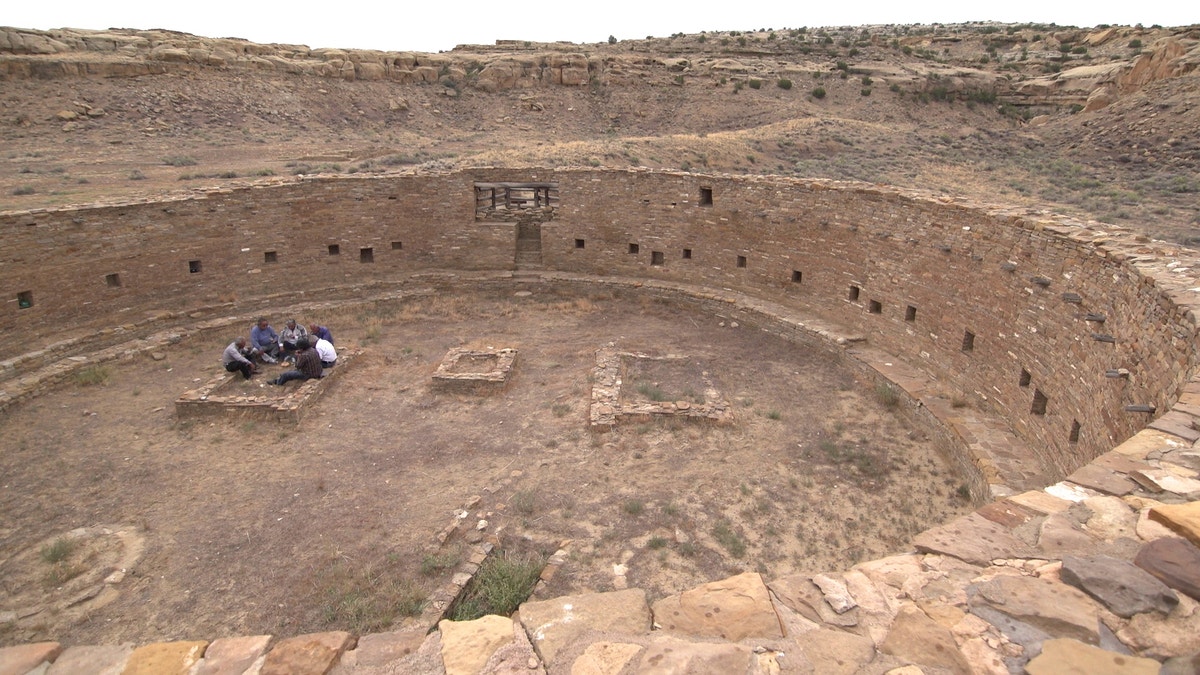Mike Pence slams Biden’s policies for economic turmoil: All roads lead back to Biden
Former Vice President Mike Pence discusses economic issues facing the Biden administration including the banking crisis and the debt ceiling debate and weighs in on the 2024 race.
A prominent Native American tribe approved a resolution to oppose a Biden administration proposal to prohibit oil and gas drilling near a cultural site for the next two decades.
The Navajo Nation's resource and development committee, which has policymaking authority over the tribe's natural resources, agreed in a 15-1 vote to oppose any fossil fuel drilling "buffer zone" around the Chaco Culture National Historical Park located in northwest New Mexico. The resolution comes in response to federal efforts to create a 10-mile buffer zone where drilling would be prohibited.
"The Chapters recognize the detrimental economic impact to the Navajo allottees should a buffer zone of any size be imposed around Chaco Canyon," the resolution stated. "If a buffer zone is adopted, the Navajo allottees who rely on the income realized from oil and gas royalties will be pushed into greater poverty."
"The 25th Navajo Nation Council wishes to support the Navajo Nation members who hold allotted land in the area around Chaco Canyon and allow those members to maximize their economic interests," it continued. "The Navajo Nation does not support a buffer zone around Chaco Canyon."
The resolution was voted on in late April and signed this week by Navajo Nation Speaker Crystalyne Curley.

"Now is the time to consider more enduring protections for the living landscape that is Chaco, so that we can pass on this rich cultural legacy to future generations," Interior Secretary Deb Haaland said in 2021. (AP Photo/John Locher, File)
In late 2021, the Department of the Interior (DOI) unveiled a proposal to implement the 20-year moratorium on oil and gas leasing within 10 miles of the Chaco Canyon site. DOI Secretary Deb Haaland said the rule, which would amount to a withdrawal of approximately 351,000 acres of public lands from mineral leasing, would protect the environment and "rich cultural legacy" of the region.
However, the pending proposal has faced stark opposition from the Navajo Nation which is the closest tribe to the site. Following Haaland's announcement, Navajo Nation President Jonathan Nez and Vice President Myron Lizer penned a letter to President Biden, warning it would have a "devastating impact" on tribal members who have a financial interest in drilling in the area that would be blocked off.
BIDEN ADMIN SIDES AGAINST NATIVE AMERICANS IN CRACKDOWN ON OIL LEASING NEAR INDIGENOUS SITE
The DOI has stated the proposal, if finalized, won't impact Indian-owned allotments, but the two Navajo leaders noted that it would indirectly make Indian-owned allotments worth less.
"In reality, the rule would have a devastating impact because the indirect effects would make the allottee land worthless from the standpoint of energy extraction," Nez and Lizer wrote in their letter to Biden.
"To maximize full extraction of the product, a horizontal lateral crossing of two to four miles of subsurface may be required," they added. "Due to the cross jurisdictional land status in Navajo Eastern Agency, a proposed horizontal lateral may need to cross federal land."

An image showing ancient ruins in Chaco Culture National Historical Park. The Biden administration has proposed a ban on oil and gas leasing within 10 miles of the site for 20 years. (Providence Pictures/PBS via AP)
The Navajo Nation also proposed an industry-backed compromise of implementing a five-mile buffer zone withdrawal. The recent resolution goes further, instead advocating for no buffer zone.
There are currently 53 Indian allotments located in the so-called 10-mile buffer zone around Chaco Canyon, generating $6.2 million per year in royalties for an estimated 5,462 allottees, according to Navajo Nation data. In addition, there are 418 unleased allotments in the zone that are associated with 16,615 allottees.
According to the Western Energy Alliance, if the proposal is finalized and implemented, Navajo members would lose an estimated $194 million over the next 20 years.
"Sec. Haaland and Interior Department officials have grossly mismanaged the land withdrawal process since first announcing it in 2021," Western Energy Alliance President Kathleen Sgamma said in a statement Wednesday.
"They have failed to hold adequate tribal consultations and listen to the voices of the Navajo Nation in the immediate vicinity of Chaco while giving preference to Sec. Haaland’s and related Puebloan tribes hundreds of miles away."















































